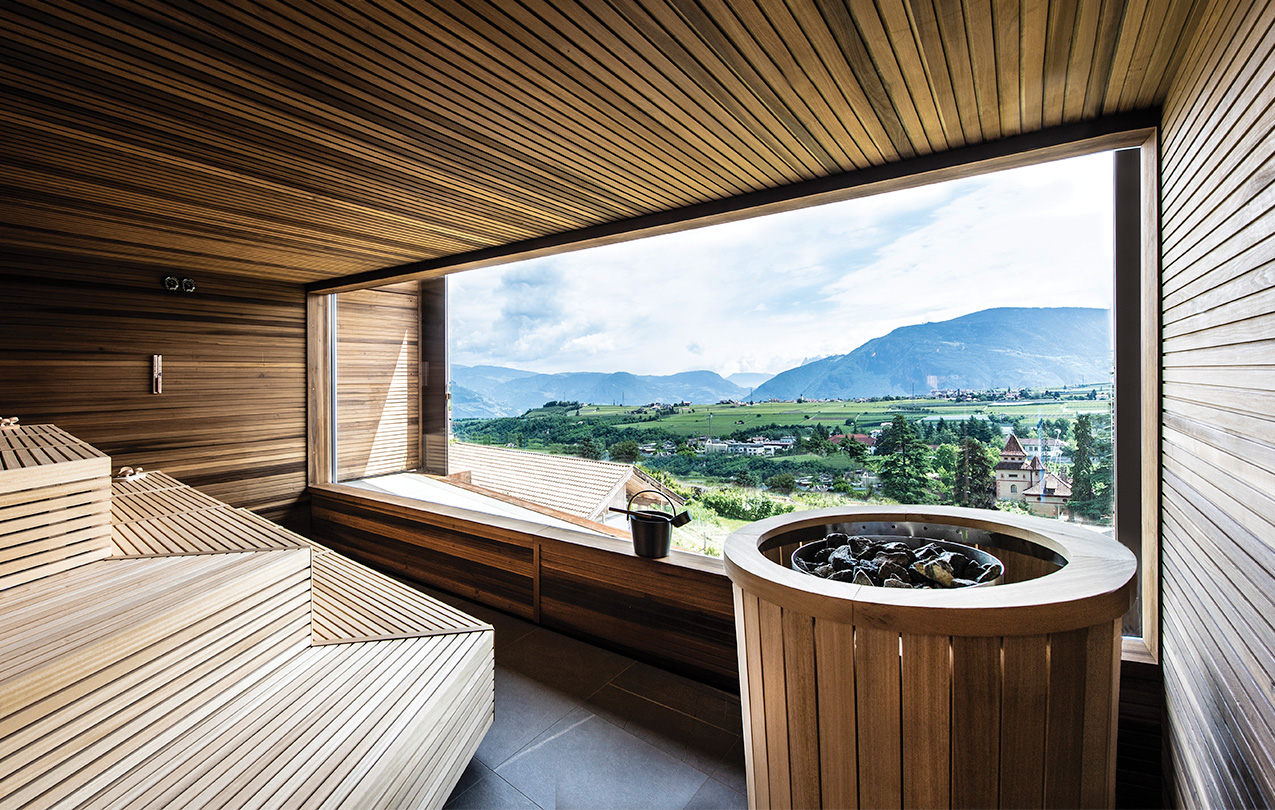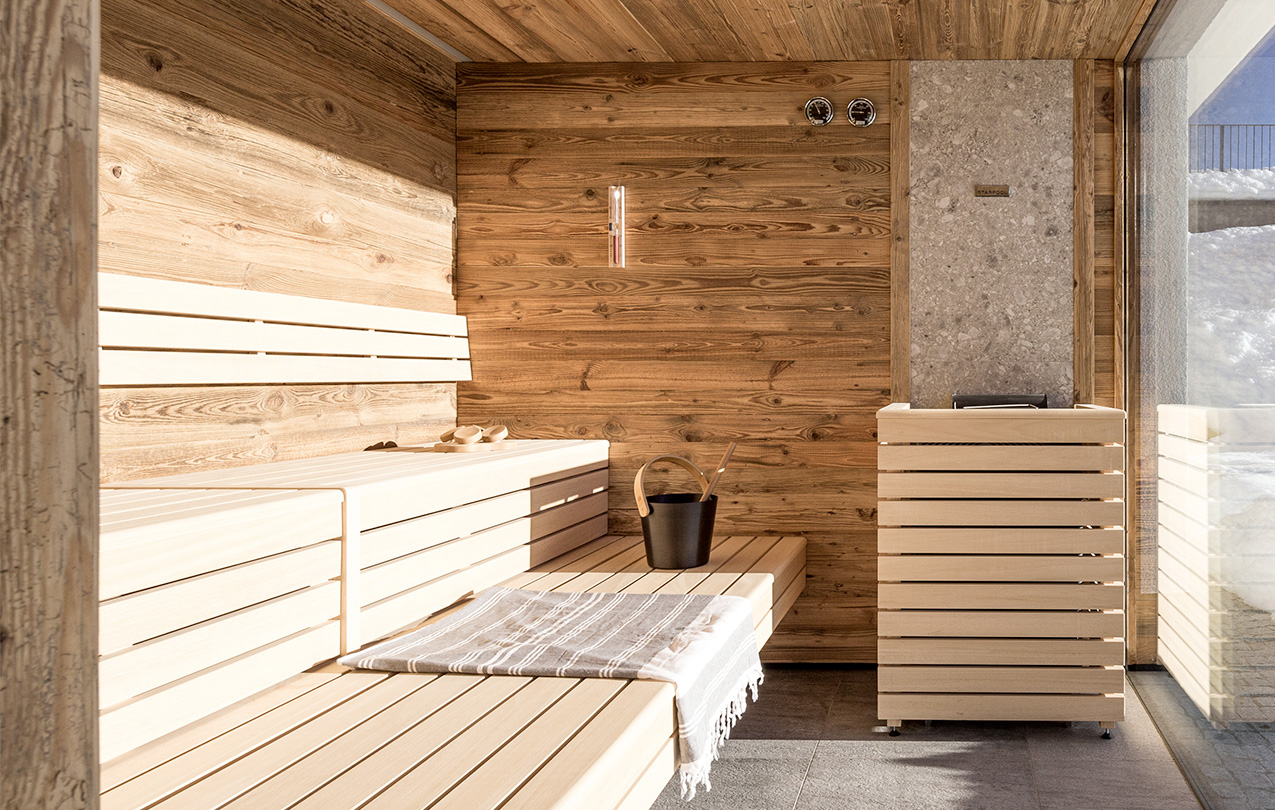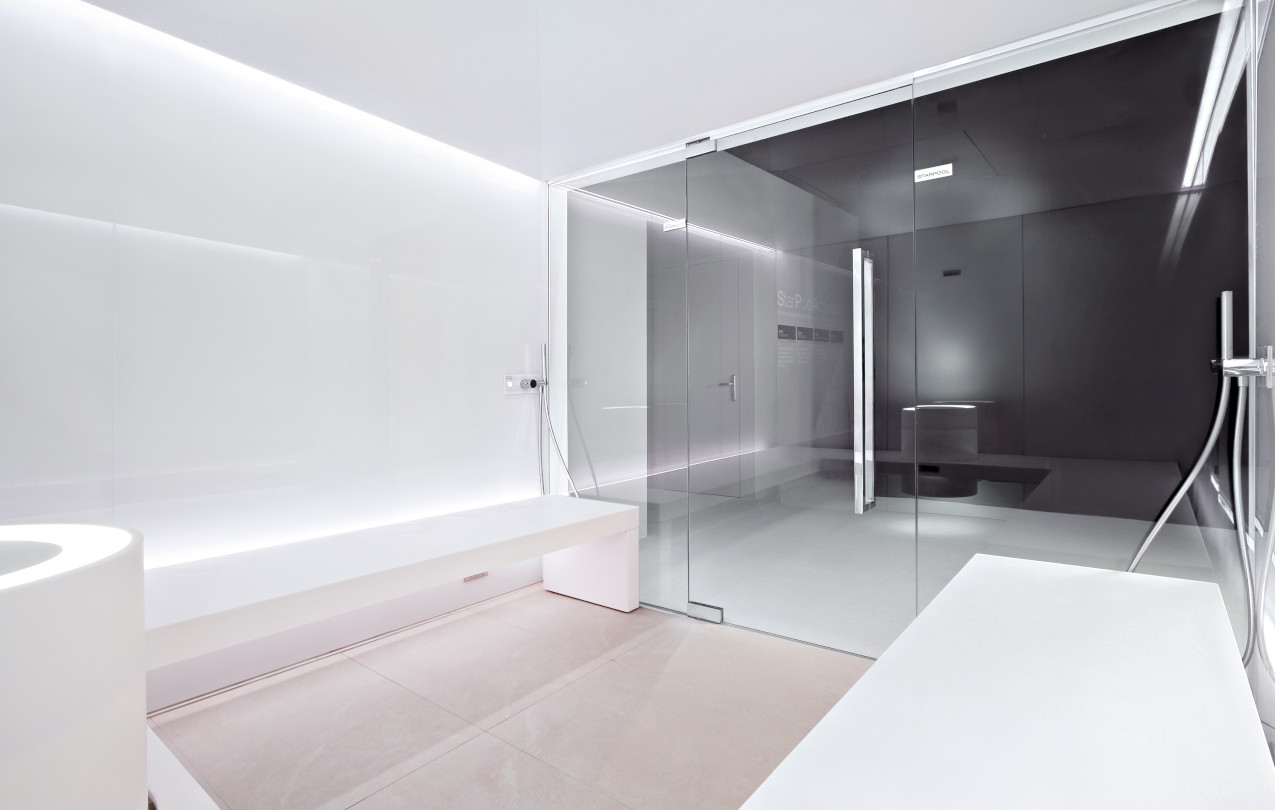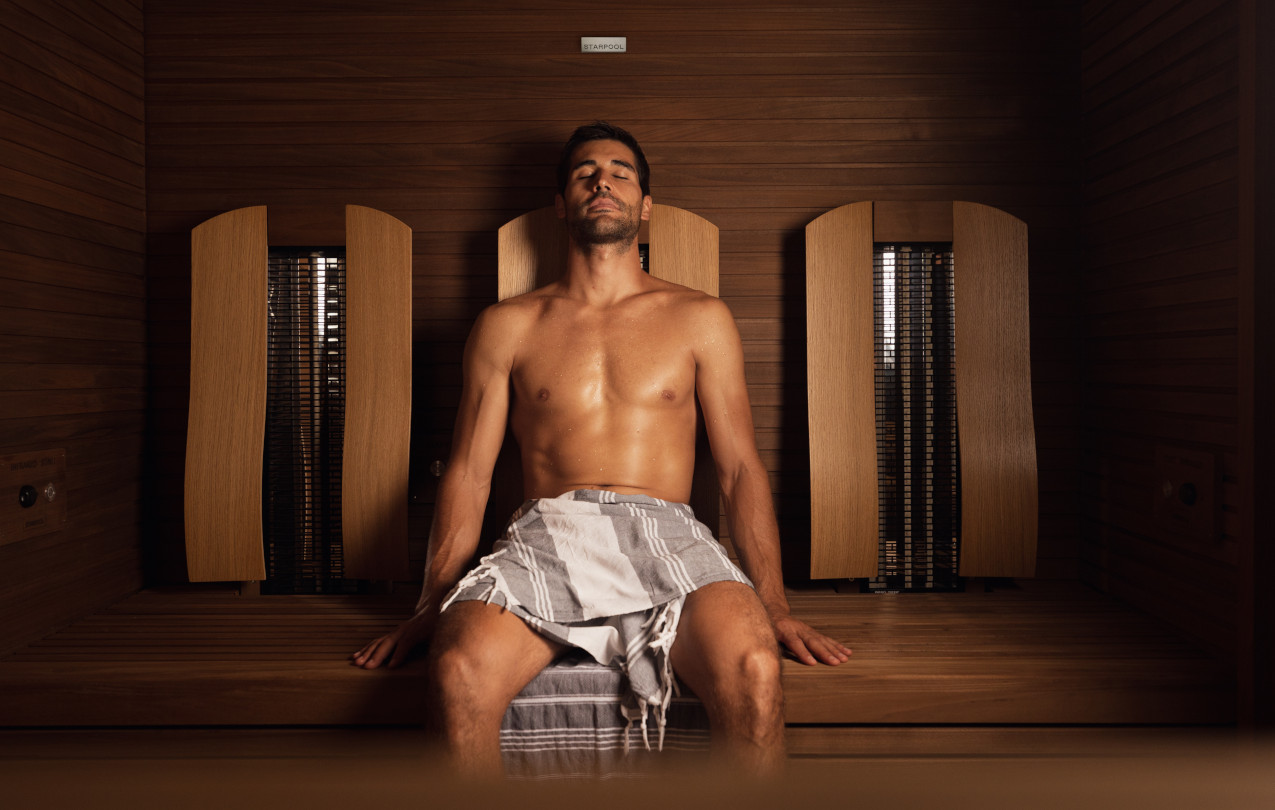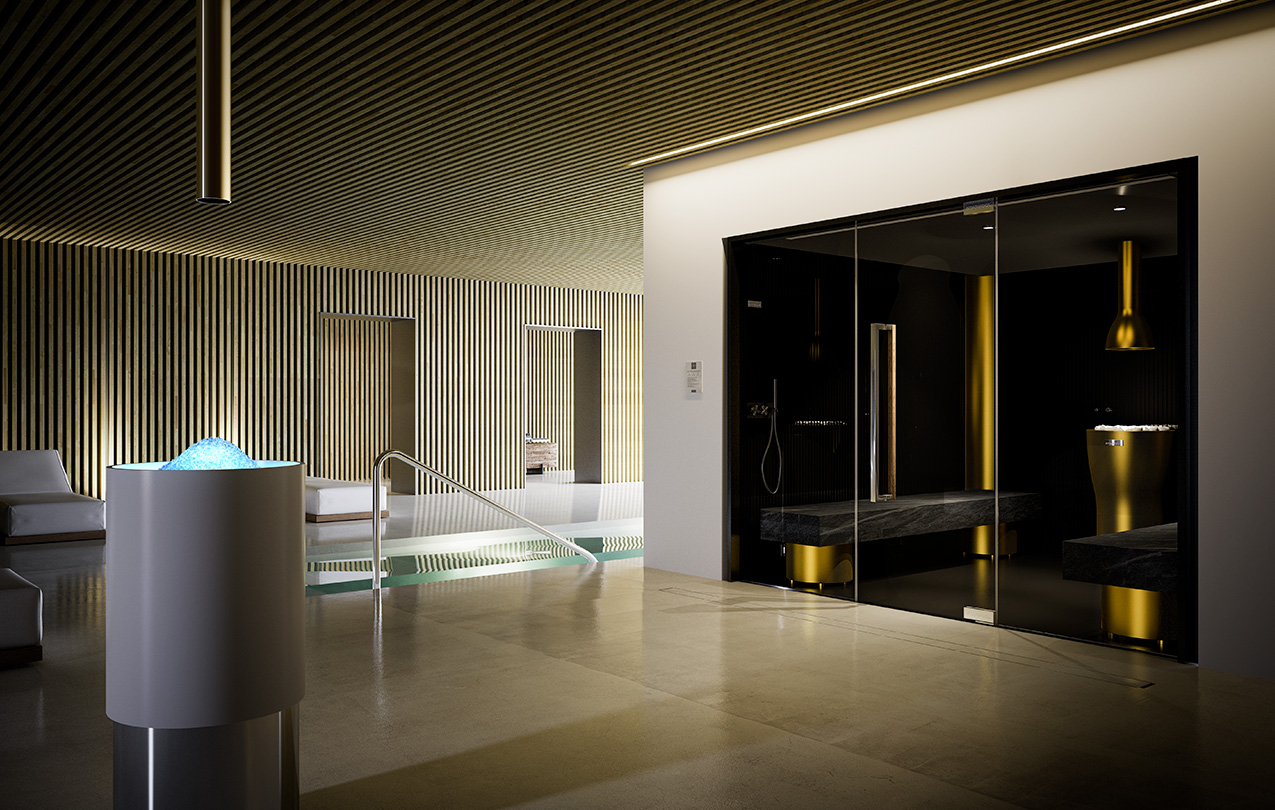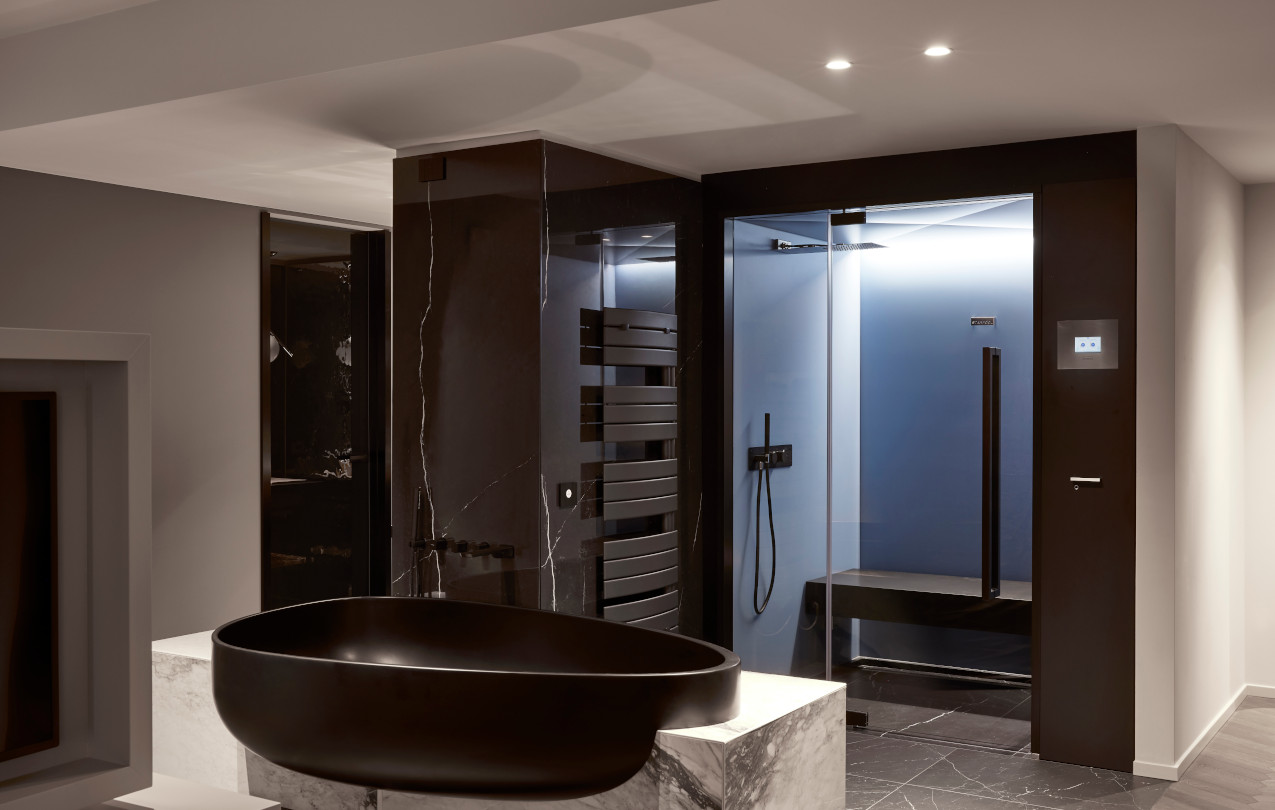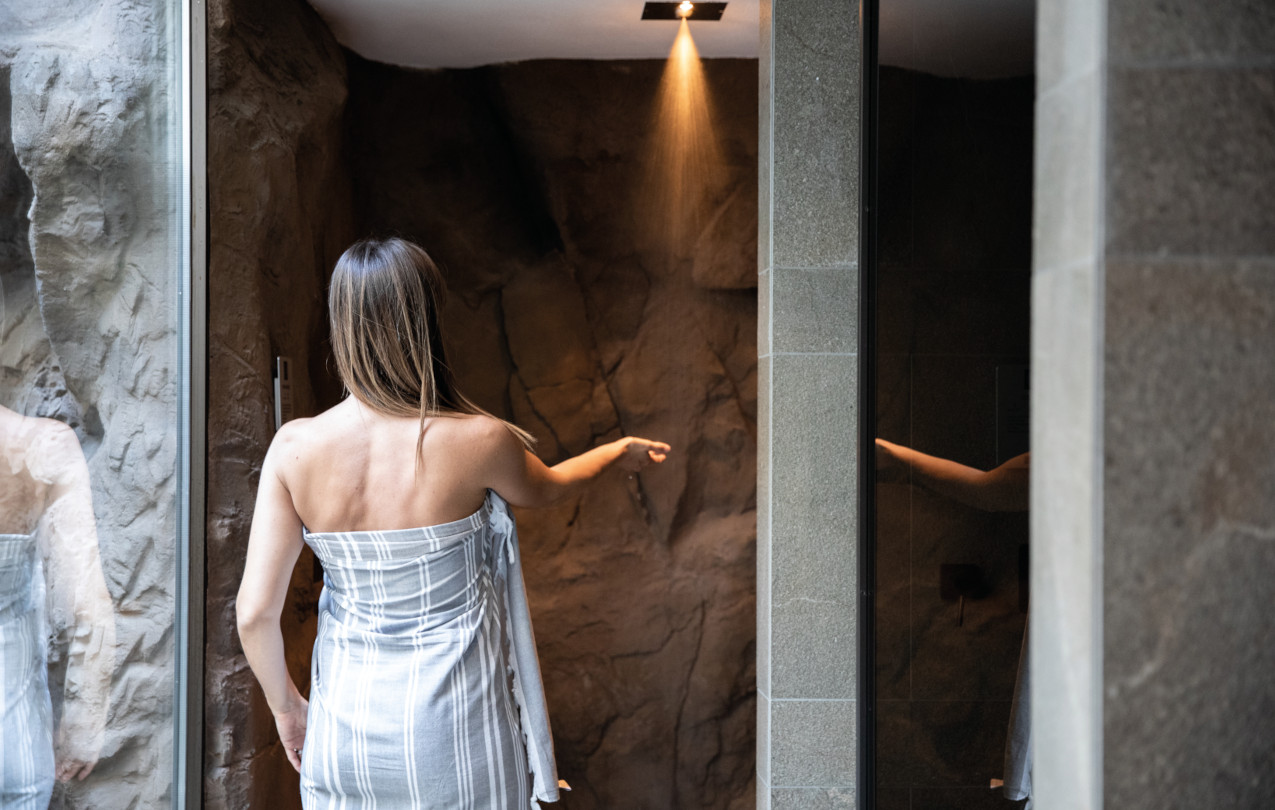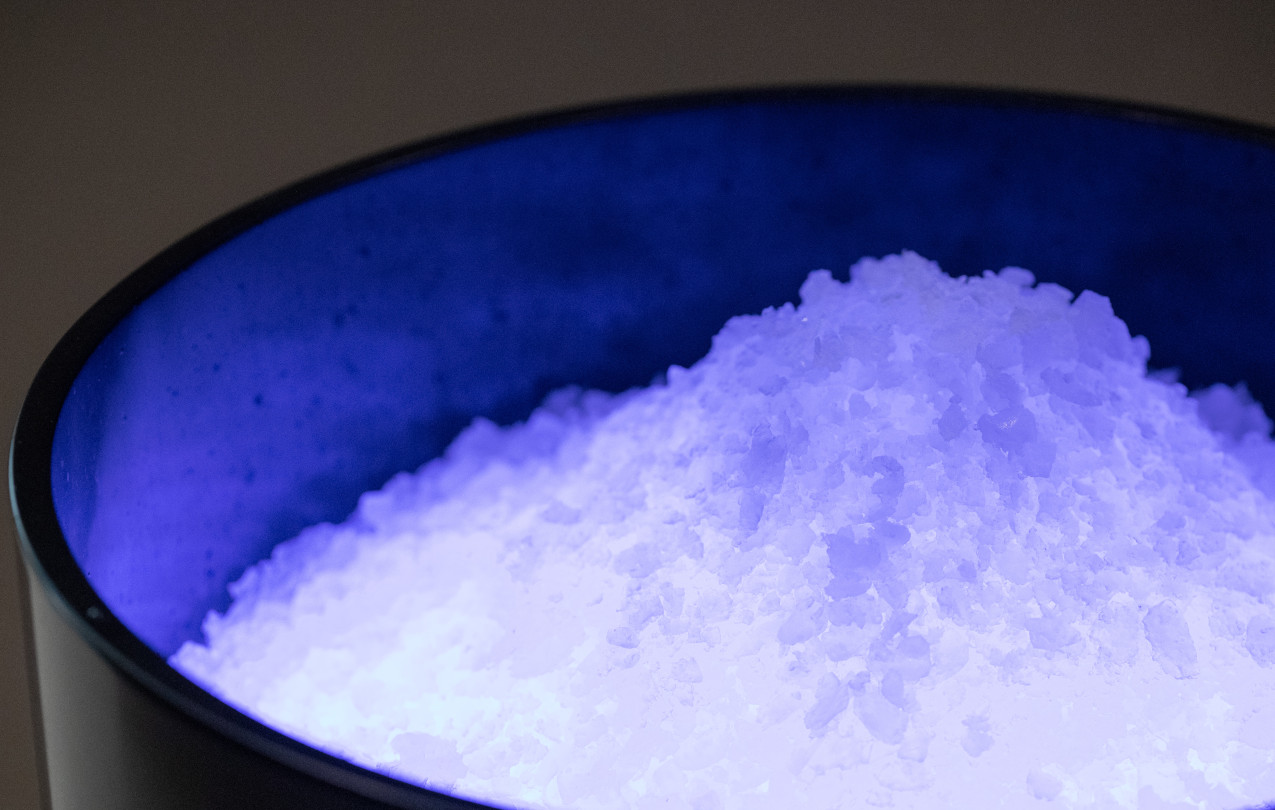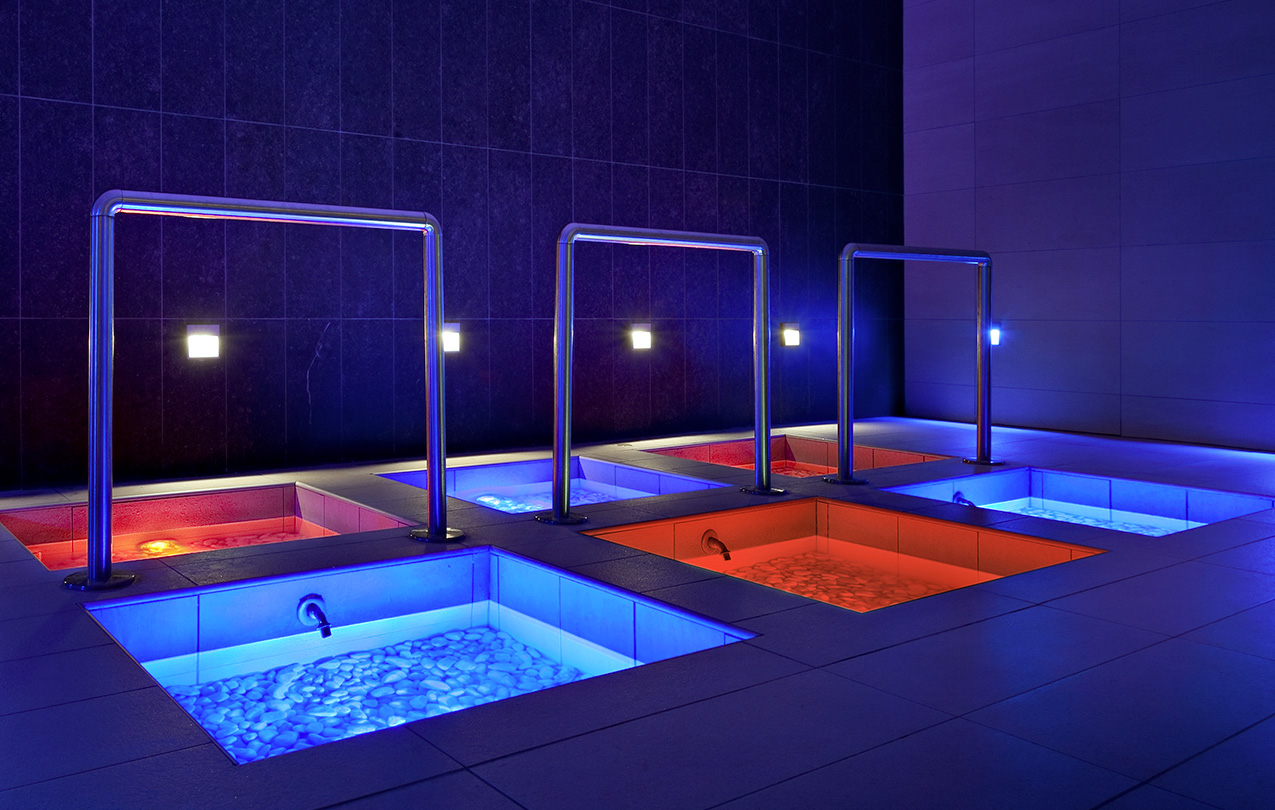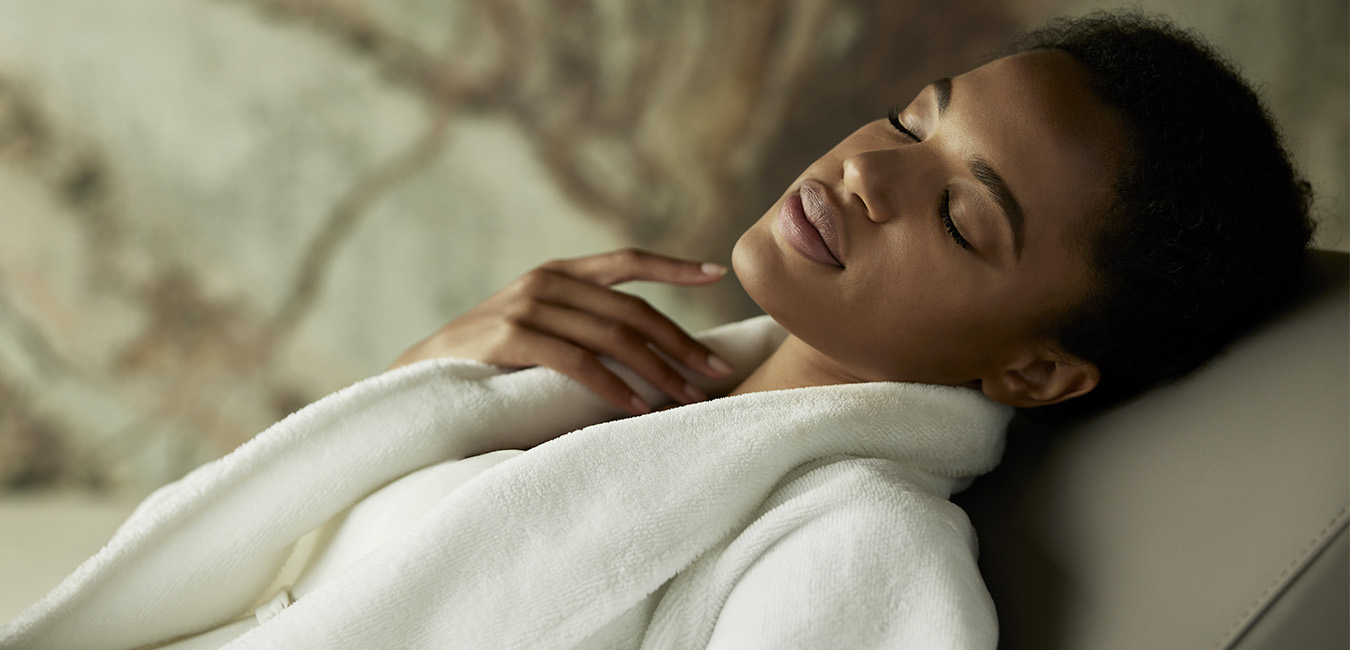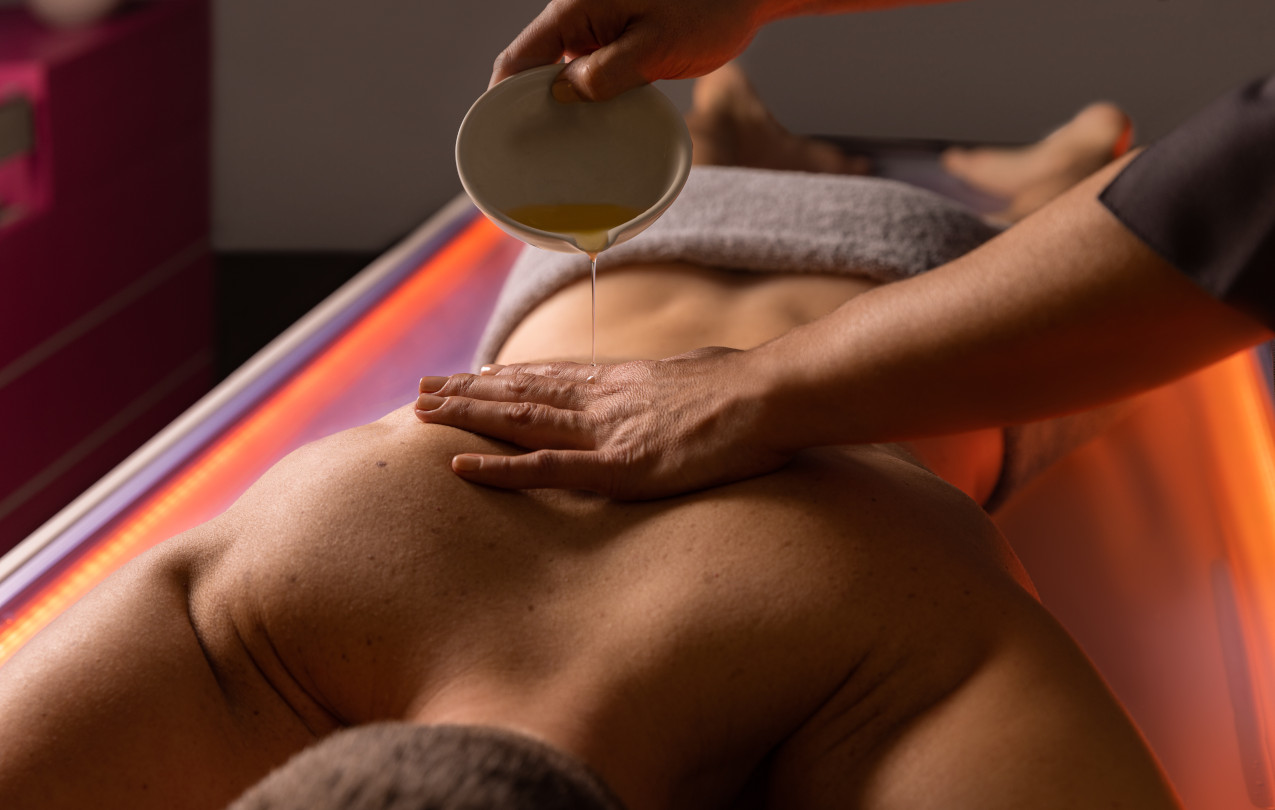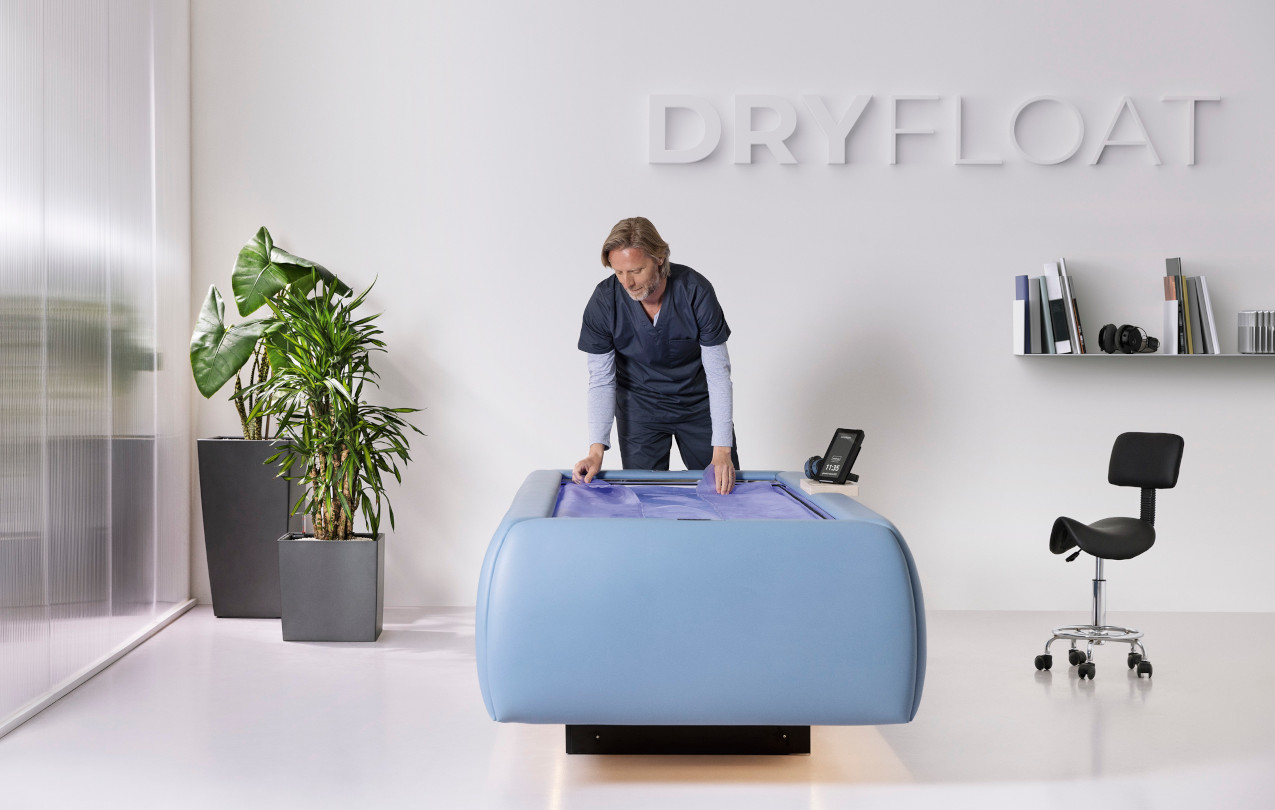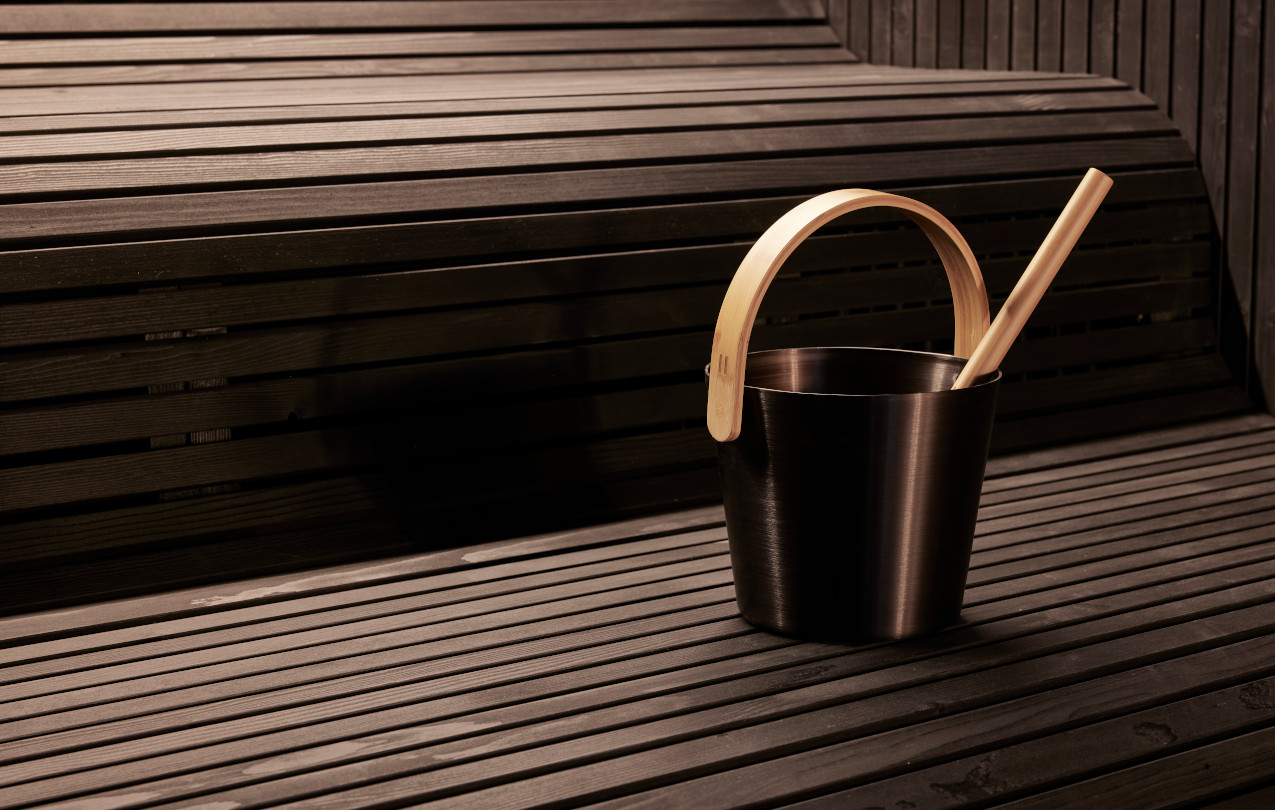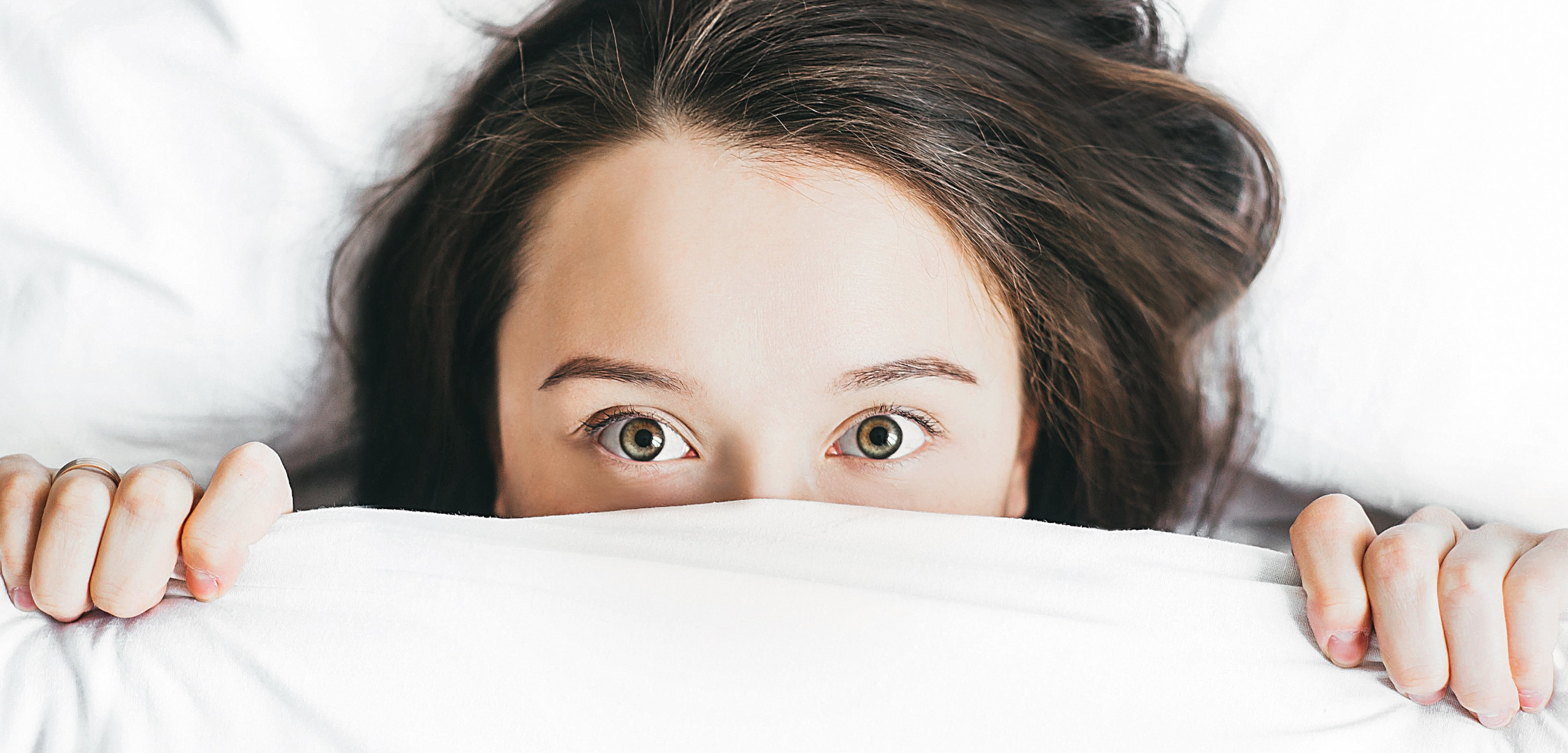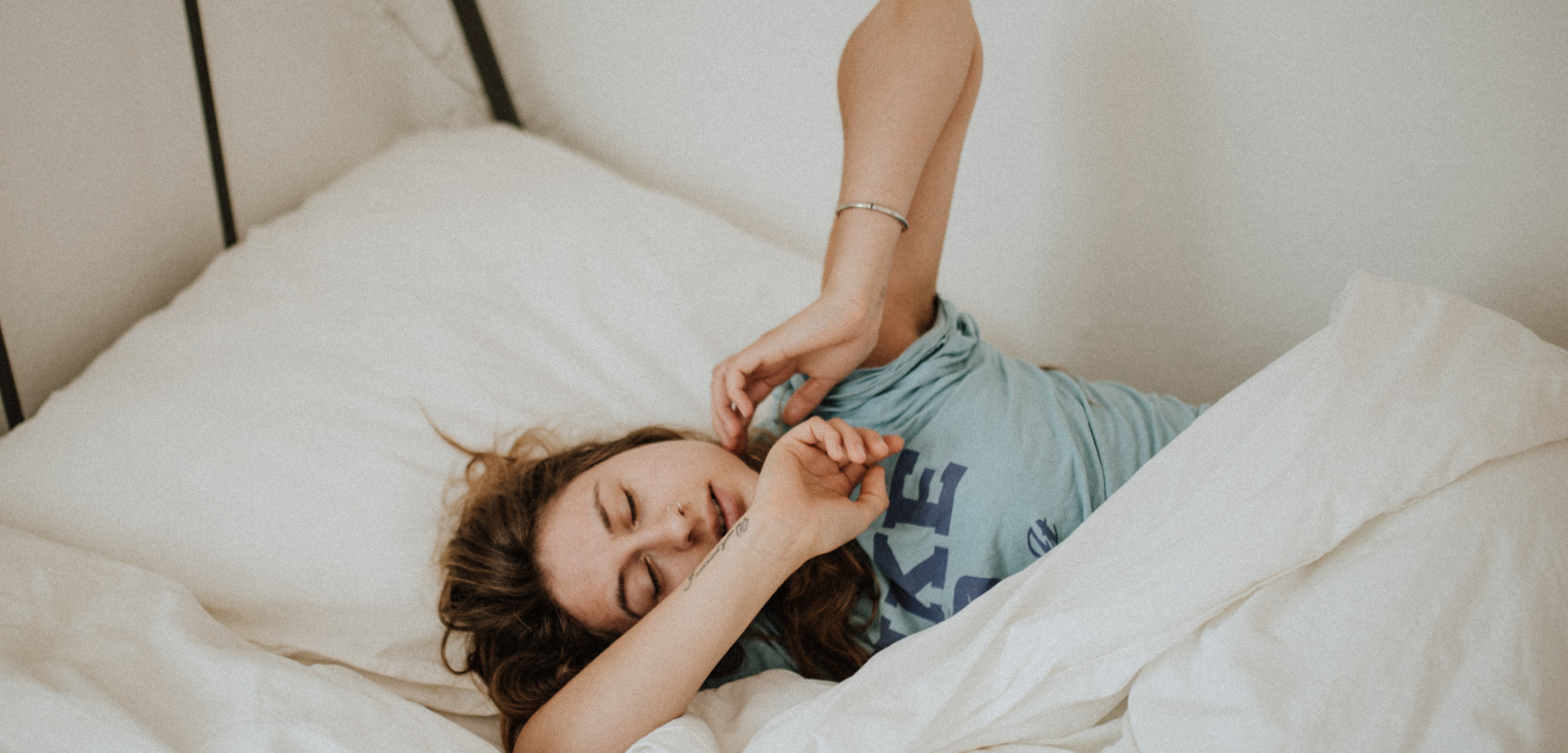Sleep, key to our well-being
Do you suffer from insomnia? Do you struggle to fall asleep? Do you wake up tired in the morning? Then this article might just be what you need.
Let’s learn together how to recognise the problems related to sleep, and to use lights in a smart way.
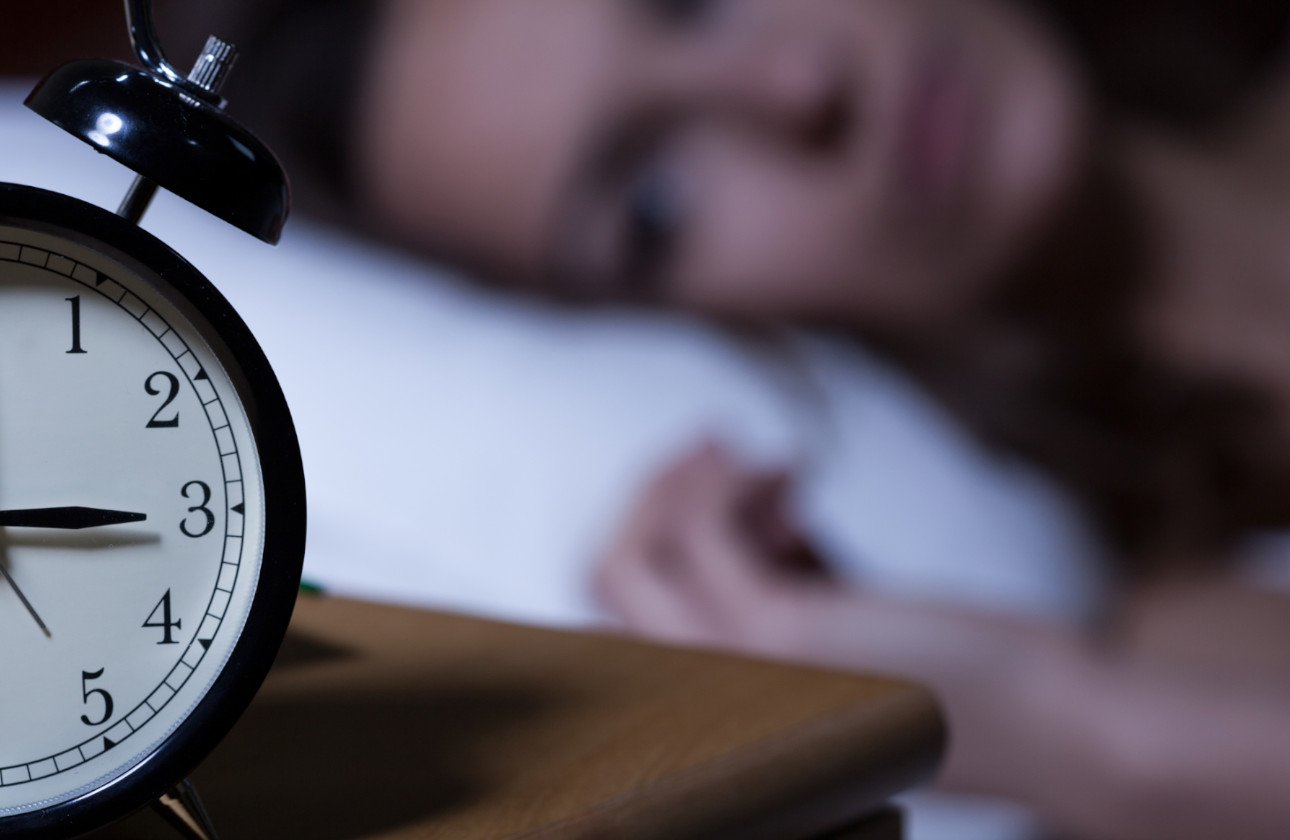
Insomnia
Insomnia is a disorder that greatly affects the quality of rest. About 10% of the world population suffers from it, and up to 8 people out of 10 complain about sleep disorders associated to the three most perceived phases: the falling asleep, the duration of sleep and its quality.
The main causes of insomnia are linked to night shifts and intercontinental travel. But also stress and bad habits, such as alcohol consumption, smoke, and an erratic life, seem to have a great impact on the quality of sleep.
The duration and frequency of the awakenings is directly proportional to the years that go by, due to a reduced capacity of our body to produce melatonin, the hormone that promotes sleep.
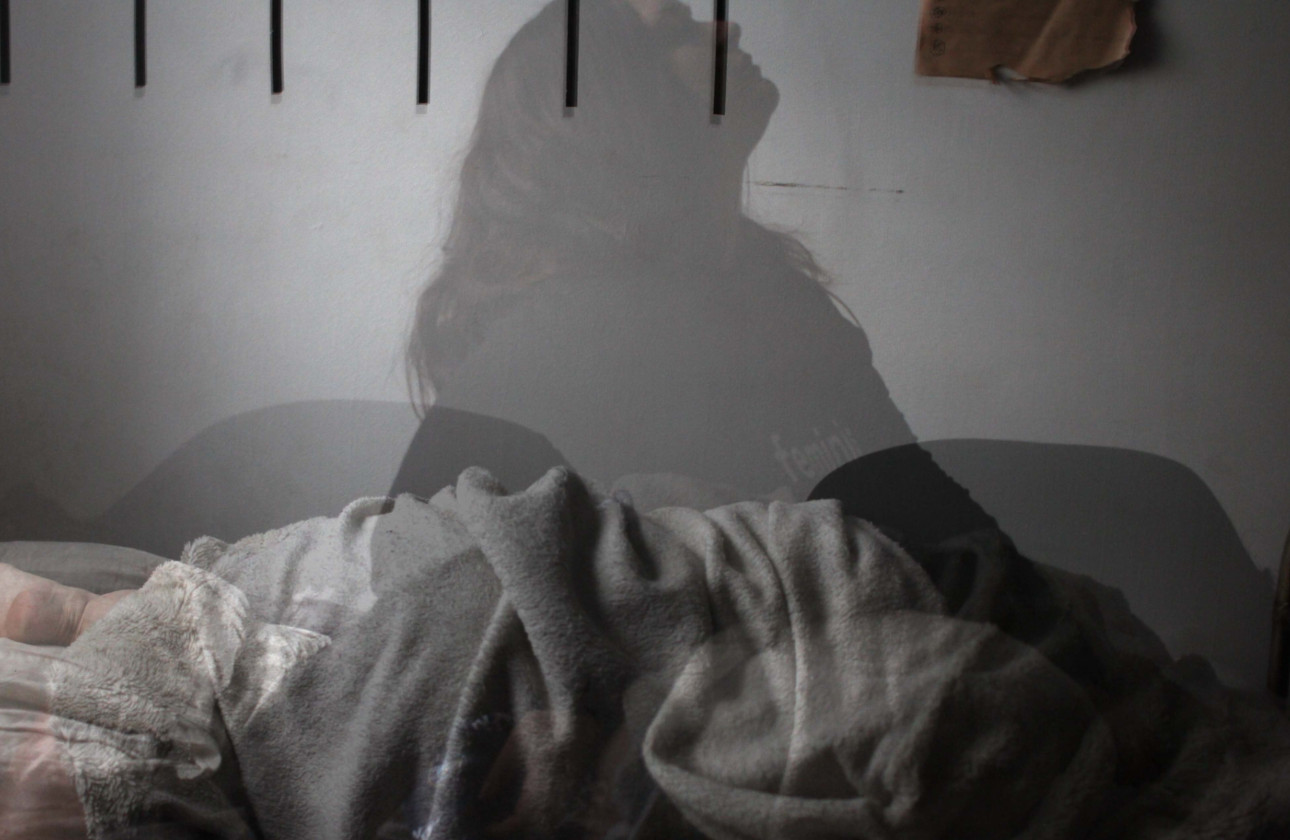
Sleep paralysis
Sleep paralysis, on the other hand, is a much less frequent disorder, but it has a great impact on the quality of life. Those who experience this disorder hardly forget it: it entails awakenings in the deepest phase of sleep, called REM phase (“Rapid Eye Movement”).
During this phase, our eyes move rapidly as a consequence of dream-related brain activity, while our muscles are blocked due to specific physiological signals sent by our brain. If the conscious state is recovered in the middle of the REM phase, you may experience a temporary inability to move despite being awake.
The importance of circadian rhythm
Circadian rhythm is a sort of clock that regulates the biological activities of our body. Sleep and wake are typical examples of this sort of activities, but we mustn’t forget that other important biological functions like body temperature, blood pressure, heart rate, hormone production, undergo several rhythm changes during the day. These recurring variations are related to the functioning of specific nervous structures, the so-called “circadian oscillators”, which are generally synchronised over 24-hour rhythms.
It might happen, though, that specific external environmental factors interfere abruptly, and disturb our synchronised clock; jet lag, which we’ll discuss more in detail over the next few weeks, is a very clear example of it.
Sleep and light What is the connection?
.
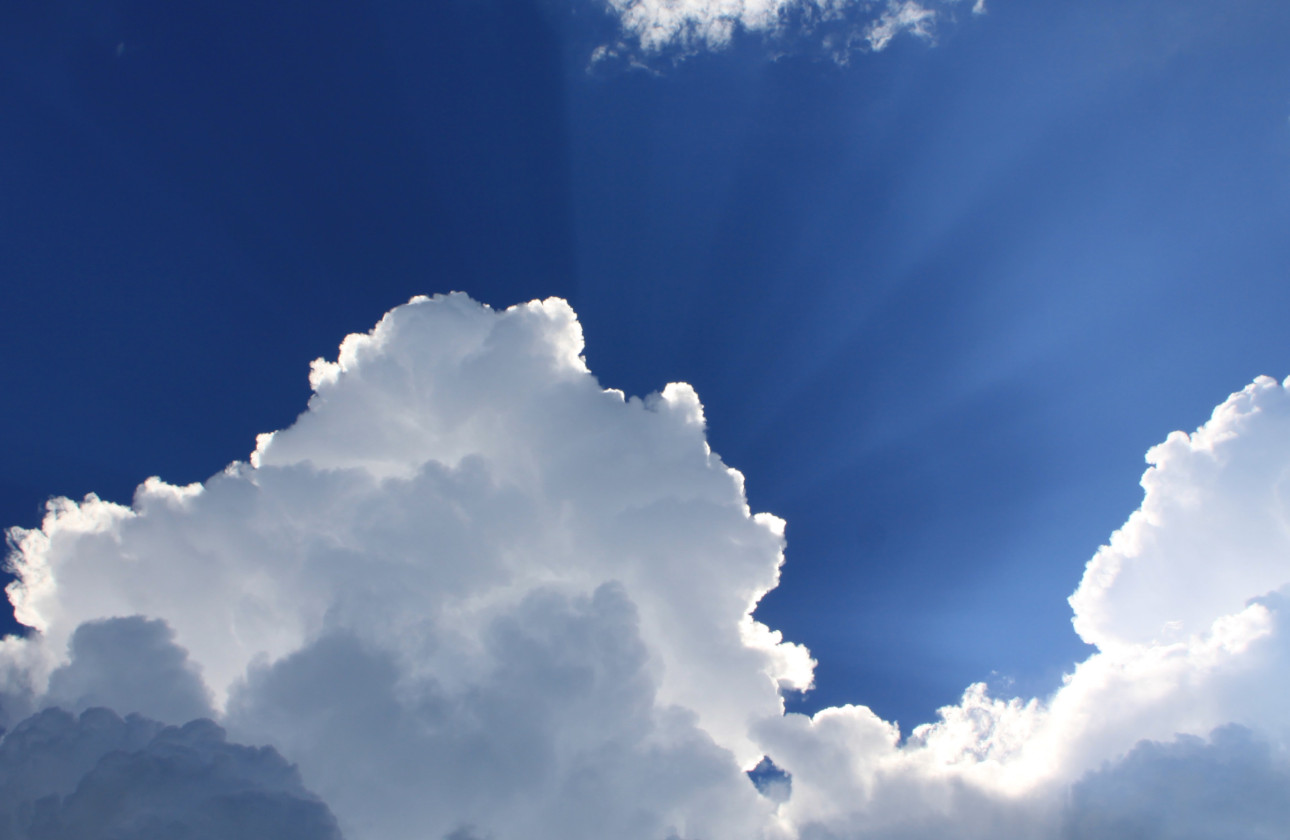
Blue light
In order to regulate itself, the circadian rhythm requires signals from the outer environment, especially the daylight and the darkness of the night. Sunlight and white light have light waves of different length, but each one of them has a part of blue light, which stimulates the eye sensors, which convey signals to the body’s internal clock, inhibiting the production of melatonin. Being exposed to blue light, especially if sunlight, during the day helps you to remain awake. Smart-phones and electronic devices also produce a great amount of blue light; in fact, if used before going to bed, they deceives our brain into thinking that it is daytime, disturbing our internal clock and inhibiting the production of melatonin, with a subsequent worsening of the quality of sleep.
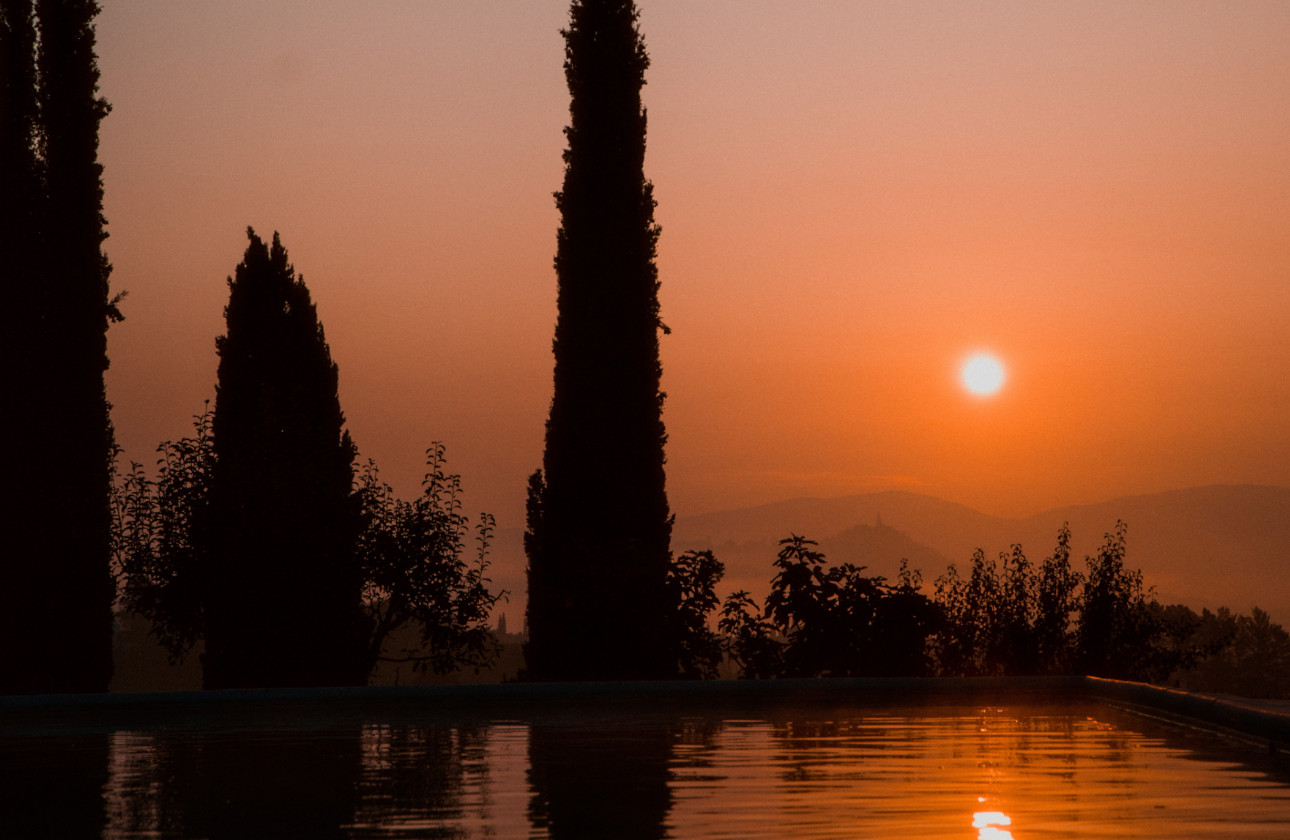
Red light
If we asked you to associate red light to some abstract concept, you’d almost certainly write: passion, energy, adrenaline. Actually, red/orange light favours the quality of sleep because our brain associates these shades to sunset, thus stimulating melatonin and preparing our body to fall asleep.
With the latest smart-phones, you can activate the “night light” function, changing the screen shades to warm amber ones.
Better sleep with little tricks
If you suffer from chronic disorders that have too much of an impact on the quality of your life, our recommendation is to consult centres specialised in the treatment of sleep, where experts in this field can help you find the most appropriate solution.
If, on the other hand, like many of us, you suffer from sleep disorders associated with bad habits or extreme stress loads, some simple advice may just be very useful for you:
- Avoid blue lights from late afternoon;
- Associate red or orange light to your life experiences from late afternoon onwards
(spa treatments, smart-phone screen regulation, lights at home); - Use cosmetic products that have warm tones (amber, talcum powder, vanilla, chocolate, milk);
- Drink relaxing lavender infusions;
- Use natural remedies like valerian;
- Adopt regular sleep hours, combined with constant physical activity.



